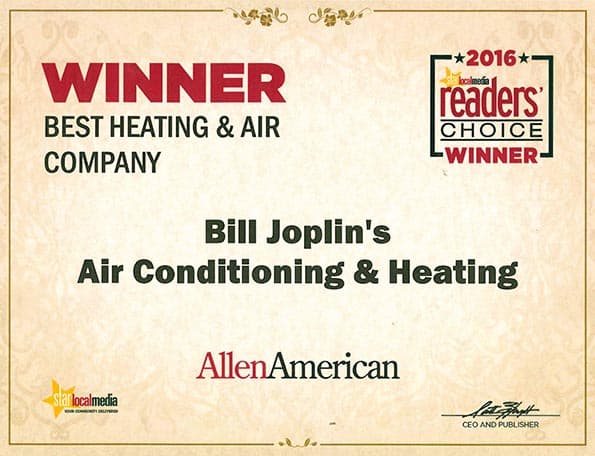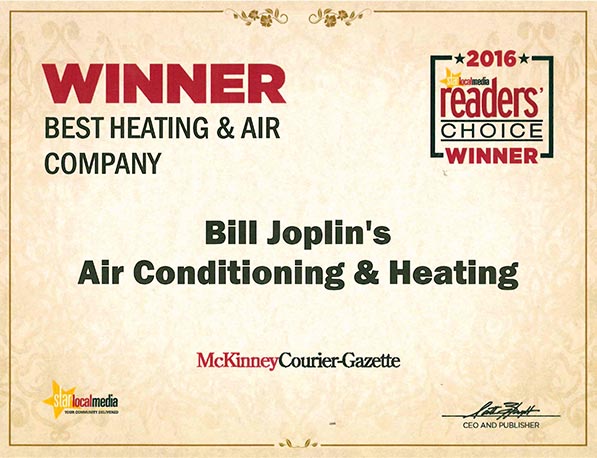One of the main jobs of an A/C unit is to remove moisture from the air. But discovering a pool of water near your cooling system can be alarming. Pooled water can have several explanations. One cause might require the attention of an HVAC expert, and another might be more easily addressed. Here are some common reasons for leaks.
- Clogged drain hole: The condenser pan is there to collect the condensation that comes from the A/C and remove it via a drain hole and condensate line. Should dirt or other debris block the hole or tubing, water can pool and eventually overflow. Clearing the blockage is usually a DIY task.
- Improper installation: Occasionally, an A/C can leak water because it’s not level. Check the pad underneath the condenser, as it may have sunk. If this is the case, you’ll need to have professionals remove the condenser and redo the pad. If a sinking pad is not the issue, check the supply vents in your home, and make sure they’re open. Closed vents can cause air pressure problems and a subsequent leak.
- A broken pump: Test the pump by pouring water into the condenser pan. If the water doesn’t drain, your condenser pump is most likely broken. Check the power supply to the pump, and if that’s not the issue, call a professional for service.
- Air leakage: Insufficient or damaged seals on the unit allow warm air to enter and condensation to form. The resulting moisture may pool at the bottom of the unit but can be avoided by resealing. This is a job only a professional can do.
- A drop in the outside temperature: On an exceptionally cool day or as evening temperatures begin to drop, moisture can pool near your unit. This is normal, and the water will evaporate as soon as the temperature rises again.
It’s getting late in the cooling season, but you’ll still be needing your air conditioner for a while. If you have any problems, call the experts at Bill Joplin’s Air Conditioning & Heating. Since 1978, we have been providing quality service to residents of Allen, Frisco and McKinney.




